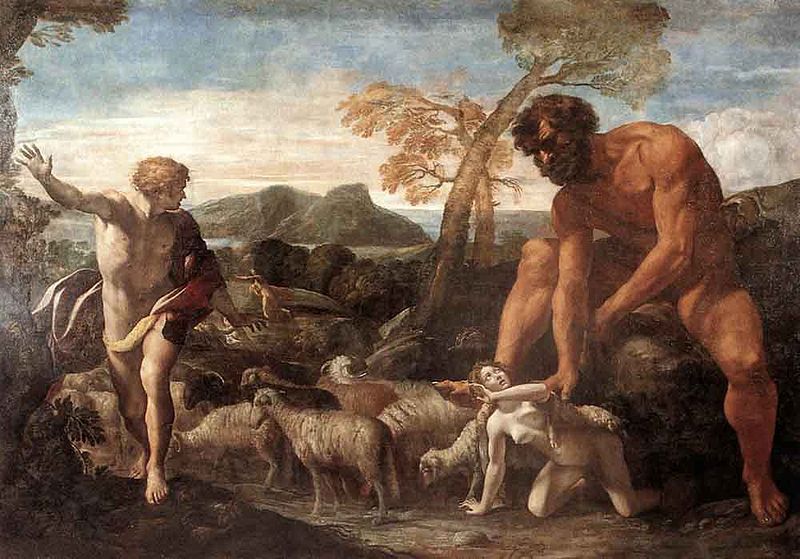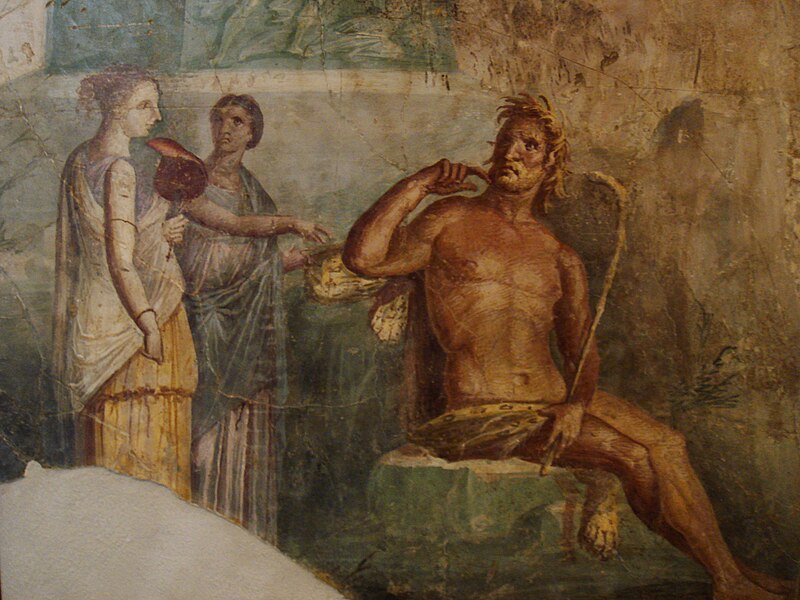I'm writing a short story. A romance, I suspect. An Orc Romance.
Now, those of you who follow the blog fairly closely might remember when I discussed my lack of appreciation for mythical beasts-- centaurs, satyrs, hydras, etc. I just don't find them all that compelling as a writer. Yes, I did write a story for Ariadne and the Minotaur in Crete. It was an exception, and really, the more fascinating element to me was Ariadne's struggle against Minos. But the problem is, that lack of appreciation for GREEK mythical beasts and monsters? It totally extends to things like Orcs, Goblins, Trolls, Elves, Fairies, etc. Some people can write them well, and make them interesting to me, but for the most part, I'm just not interested in digging into that myself. Elves are too perfect, Goblins and Orcs and Trolls are too boringly evil, it's just all been done and done-over, I don't have anything new to contribute. In fact, I even swore to myself I'd never write fantasy of that nature.
And now.
Now I'm writing an Orc Romance.
I'm not entirely sure why I'm doing this to myself. The what-if kind of took over my brain, I guess. But the end result is that I'm meditating on the semi-fluid definition of what makes an Orc an Orc.
 |
| this ogre is totally Cyclops-esque |
There's the Warcraft definition-- the green-skinned brutes kind of reminiscent of Gamorrean Guards, right down to their tusky-teeth. When I was little, I called them pig-men. But if you go back further, there's Tolkien, and the SILMARILLION tells us that Orcs were elves once, stolen by Morgoth when they wandered too far afield into shadow, and twisted into evil and darkness by torture. In mannerism and behavior, you can see clearly the relationship between Tolkien's Orc and the traditional Ogre of the human consciousness. They're vicious things that like to snack on naughty children when you get down to it. Not too dissimilar to the idea of the Cyclops of Greek Myth, but with two working eyes, though we imagine them, generally, to be a whole lot uglier.
 |
| Polyphemus, the cyclops from the Odyssey (Roman Fresco) |
But isn't that the nature of dark things moving beyond our sight? That what we imagine them to be is often worse than the truth of what they are? An Ogre or a Cyclops has no real redemption. It is what it is, and it is bound by its nature and, in the case of the Cyclops, the gods. But Tolkien's Orcs are something else. They were, once, all that was good and beautiful.
Why didn't he ever use that?
Or maybe the better question is: Can I?
We'll find out shortly, I guess! Orc Romance, here I come.






